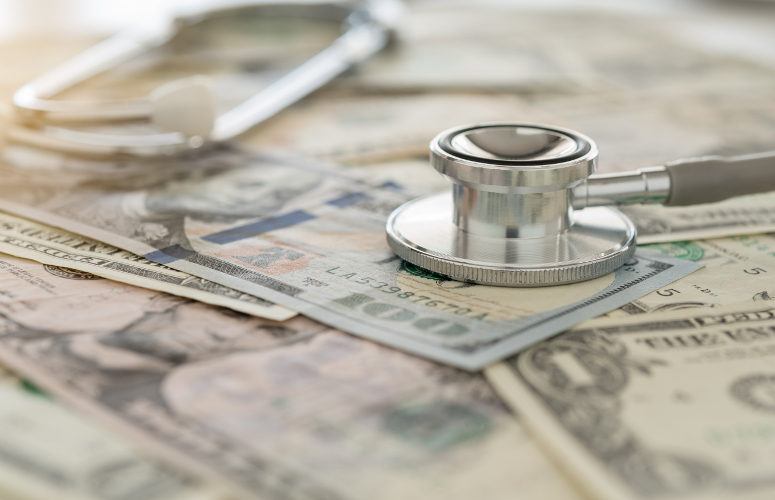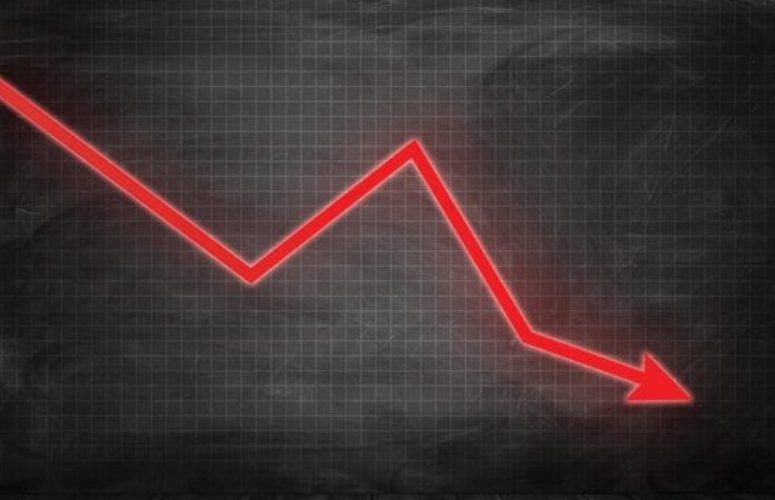
Report: COVID-19 Has ‘Historic’ Impact on Hospital Finances
On Oct 2, 2020COVID-19 continues to have deep and lingering financial impacts on the state’s hospitals. A mid-year analysis of financial data shows nearly 60% of the state’s hospitals in the red and an average statewide operating margin of negative 4%.
The decline is the result of a dual blow of declining revenues and rising expenses, according to the report from the Center for Health Analytics, Research and Transformation (CHART) at the New Jersey Hospital Association. Officials said the state’s hospitals haven’t experienced this level of fiscal distress in more than 20 years.
“COVID-19’s fiscal impact on our hospitals reaches historic levels,” said Sean Hopkins, senior vice president of CHART. “The last time we saw margins dip this deep into the red was in the late 1990s when hospitals sustained deep federal payment cuts under the Balanced Budget Act of 1997. At that time, we saw margins fall to negative 1.7% and negative 2.3% in 1998 and 1999, which pales in comparison to the numbers we’re seeing today.”
The report, “At Mid-Year, COVID-19’s Financial Wounds Continue for N.J. Hospitals,” shows the impact of continued loss of revenue from the suspension of elective procedures at COVID-19’s peak in the spring and the slow rebound of patients returning to the hospital. CHART’s data, comparing June 30, 2019, with June 30, 2020, shows that:
- Total patient revenues declined 6.6%.
- Emergency department cases plummeted 23%.
- Hospital admissions fell by 8%.
- Outpatient visits dropped by 22%.
An additional aggravating factor: a 12% increase in total operating expenses, as COVID-19 required hospitals to redirect resources to increase staffing; boost supplies of personal protective equipment, pharmaceuticals and ventilators; and modify operations and facilities to expand capacity.
CHART’s analysis takes a closer look at the disruption of elective procedures in New Jersey hospitals and the lingering impact. Gov. Phil Murphy’s executive order 109, in effect March 27 through May 26, required hospitals to suspend elective procedures during the state’s COVID-19 surge. CHART used claims data for some of the highest-volume elective procedures performed in New Jersey hospitals (bariatric surgery, pacemaker insertion, spinal fusion, knee replacement and hernia repair) to gauge the impact.
In April and May 2019, the state’s hospitals performed these procedures 4,336 times. That number plummeted to just 400 statewide in April and May 2020. (The state’s executive order suspending procedures during this time allowed exemptions for cases in which a delay would result in “undue risk to the current or future health of the patient.”) The year-over-year decline persisted even when the suspension was lifted. In June and July 2019, 4,194 procedures from the list of high-volume procedures were performed, compared with 3,191 in June and July 2020.
But the greatest decline in volume by percentage was seen in hospital emergency departments, where cases plummeted 23.4% between June 30, 2019, and June 30, 2020. That has healthcare leaders concerned.
“These numbers reflect real lives – people at home or on the job who may be experiencing a life-threatening situation but refusing to go to the emergency department,” said NJHA President and CEO Cathy Bennett. “When accounting for the long-term impact of COVID-19, the greatest cost of all may be the impact on the health and well-being of residents who delayed seeking necessary care.”
NJHA officials said a hospital turnaround is critical for the statewide recovery from COVID-19.
“The state’s hospitals pump $25 billion annually into the New Jersey economy and employ 154,000 people,” said NJHA’s Roger Sarao, vice president of economic and financial information and lead author of the CHART report. “They are an essential part of the road to recovery from this public health and economic crisis.”
Despite the challenges, Bennett stressed that N.J. hospitals remain ready on the frontlines.
“Our hospitals are resilient,” she said. “New Jersey’s healthcare heroes are now the nation’s experts in caring for both COVID and non-COVID patients safely and successfully. We are rebuilding our stockpiles of PPE and other essential supplies. The capacity is there, and the safety precautions are in place. Our priority is to be there for our communities.”
Visit CHART online at www.njha.com/CHART to view this bulletin and other data reports.
To access more business news, visit NJB News Now.
Related Articles:





